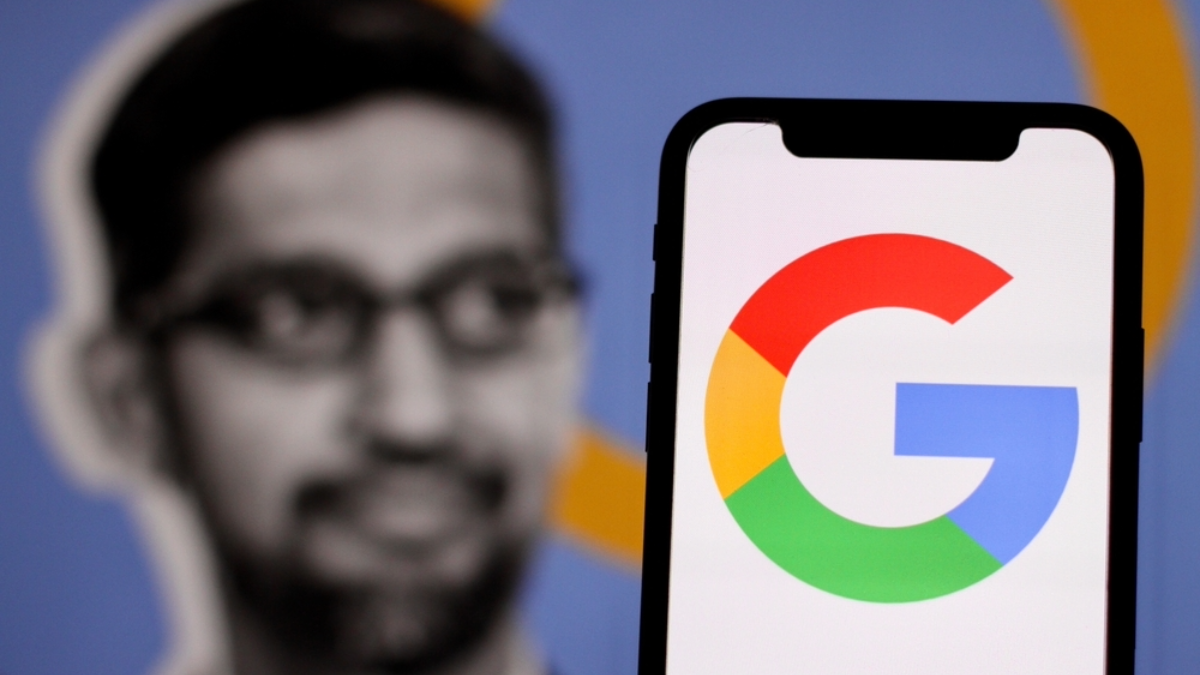“Google Is Your Friend” – But It Shouldn’t Be Your ONLY Friend
Elise Phillips / Aug 9, 2024Elise Phillips is policy counsel at Public Knowledge.
Over the past 25 years, Google has transformed from simply an online search engine to a platform many regard as synonymous with the internet. Its status as the default for search gave rise to popular phrases that playfully flex the usage of the word beyond a proper noun, such as “Did you Google it?”, “I did my Googles,” and, my personal favorite, “Google is your friend.”
But, is it? The answer to this is nuanced. Google self-identifies as the “best” search engine on the market. Its role in society should not be understated; Google revolutionized how people find and learn information. But Google doesn’t give consumers a lot of freedom to use anything else – it signs large checks to ensure it is the first website that appears on Apple’s Safari, and strong-arms Android users into keeping Google as their main search application. Look, I’m friends with people because I want to be, not because I have to be. Judge Amit Mehta’s decision this week in US v. Google forces people to finally contend with the idea that Google cannot, and should not, force us to rely on it as the only tool for access to information.
Let’s dive into the decision. The US Department of Justice filed this suit in 2020, claiming that the company had monopolized the search engine market as well as the market for general search advertising. The DC District Court largely sided with the government, stating that Google violated antitrust law for its conduct in general search, but more narrowly determined that Google’s conduct is unlawful in the search text advertising market, rather than general search advertising. Judge Mehta found that Google’s exclusive agreements with Apple to be the default search engine, and with Android to lock users into using Google Search, deprive competitors of the opportunity to scale their own businesses while disincentivizing Google from truly innovating. Additionally, Judge Mehta determined that Google leveraged its power in the search market to dominate the text advertising market, hiking up text ad prices to boost its own profits while producing poorer quality ads and limiting any rival’s ability to attract revenue and ad dollars.
It’s hard to predict how Judge Mehta will approach remedies. Given the decision’s focus on exclusionary conduct, it’s likely that Mehta will issue a series of injunctions, beginning with barring Google from making payments to Apple to be the default search engine on iOS. Furthermore, it’s highly likely that Mehta will also stop Google from requiring Android users to pre-install Google Search while simultaneously preventing the installation of rival search engines. Finally, we can expect Judge Mehta to also prevent Google from establishing distribution agreements for text ads due to their exclusionary nature.
But Google’s anticompetitive conduct does not exist in a vacuum; its outsized market power in the online search market led to outsized harm. In the short term, injunctions would prevent the aforementioned unlawful conduct from repeating. But in the long term, a breakup of Google would prevent it from finding other ways to cut off competition and prevent users from choosing another search engine. To address Google’s liability, Mehta should not only explore injunctions, but also structural separation (meaning a breakup of some of Google’s lines of business).
For example, a breakup could start with Google divesting its ownership of the Android OS, tipping the scales of competitive pressure off of Android users so that they can easily switch search engines on their devices. Whatever the configuration, this much is clear: Google’s almost 90 percent dominance in the search market allows it to suppress rivals, pigeonhole consumers into using its products, and dominate adjacent markets. A breakup is key to mitigate long-term harm. Moreover, to ensure a breakup’s effectiveness, Google’s conduct should be overseen by a body of technical experts that understand the industry and antitrust to ensure Google doesn’t continue to wield its power anticompetitively. This body could take the form of a sector-specific digital regulator, which would be equipped to check Big Tech’s behavior – not just Google’s – as artificial intelligence and other technologies emerge.
The online technology sector has become home to several titans of innovation – the downside being those same titans have seized overwhelming control of the online marketplace. With this decision being one of the first in a growing list of Big Tech consumer protection litigation (including the digital advertising case against Google, and the cases against Apple and Amazon), many have wondered what the impact will be. I am hopeful that this means the other litigation outcomes will be favorable. Throughout this case, the government was able to break down the mechanics of Google’s platform and apply antitrust law to identify where anticompetitive harm exists. Many tech companies have consistently told regulators and policymakers that applying antitrust law to the complexities of online platforms was incorrect, as the mechanics are simply too complex for comprehension. This week showed that this couldn’t be further from the truth – no tech company, however quickly evolving, should be above the law.
Antitrust enforcement serves as a tool to encourage necessary competitive pressure so that people can benefit from innovation on the features and values that matter most to them. Absent healthy market competition, the public’s relationship with the internet cannot grow and improve. To do so, the tech industry must operate on a level playing field by eliminating the cost of exclusion and lowering the barriers to entry, giving innovators and market disruptors a fighting chance. Congress plays a role here, too: it must pass proactive antitrust legislation that strengthens the law and addresses sector-specific dynamics to stop anticompetitive harm before it happens.
Authors

